Gallery
Photos from events, contest for the best costume, videos from master classes.
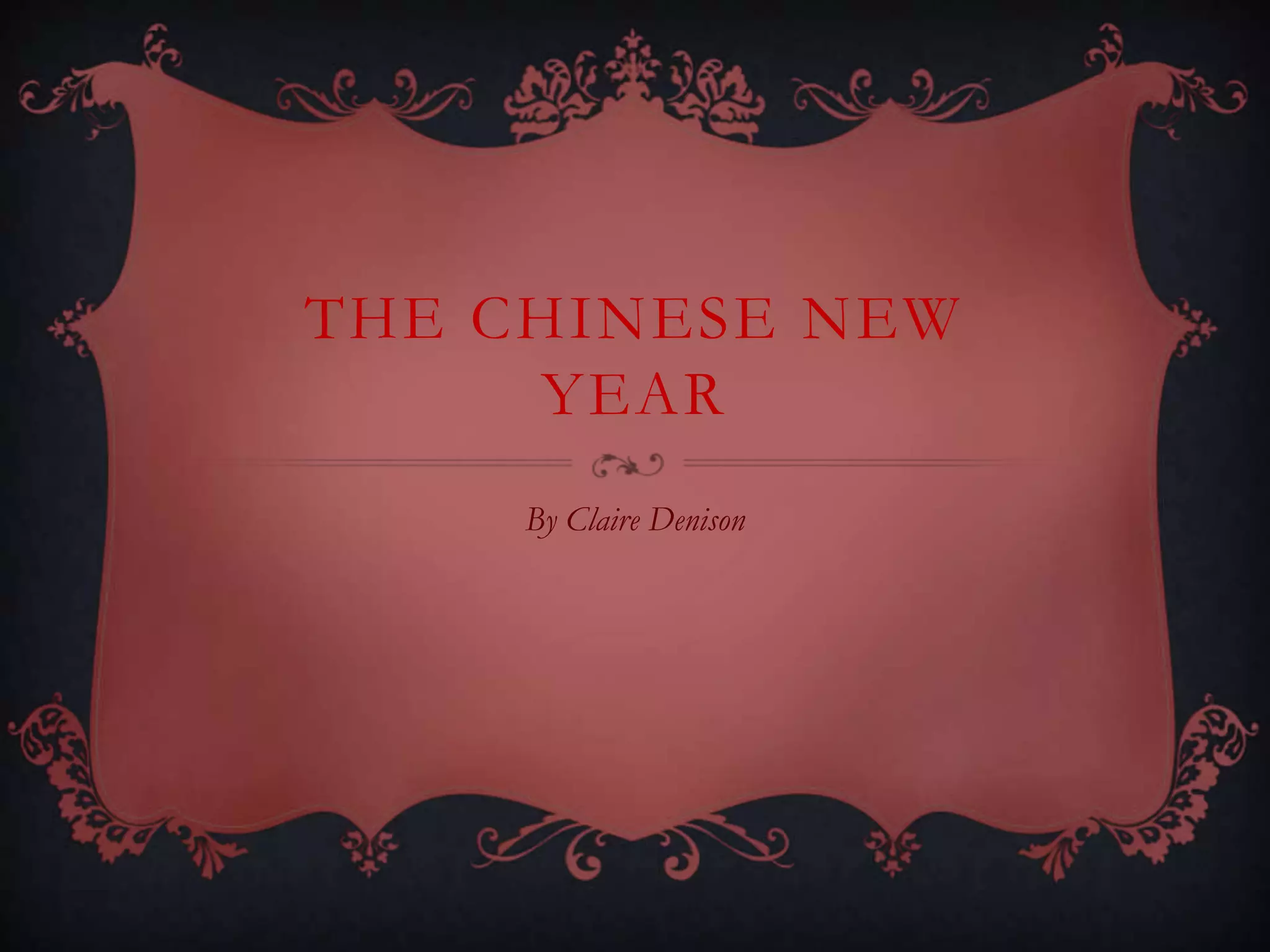 |  |
 | 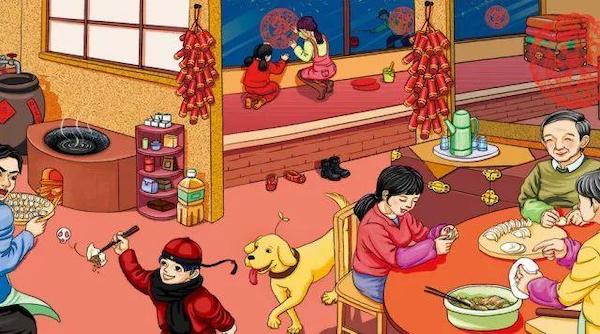 |
 | .jpg?mw=1384) |
 | |
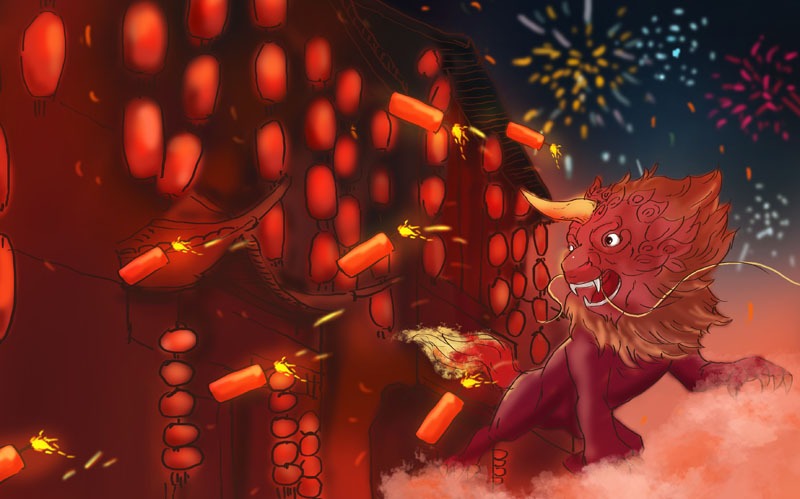 |  |
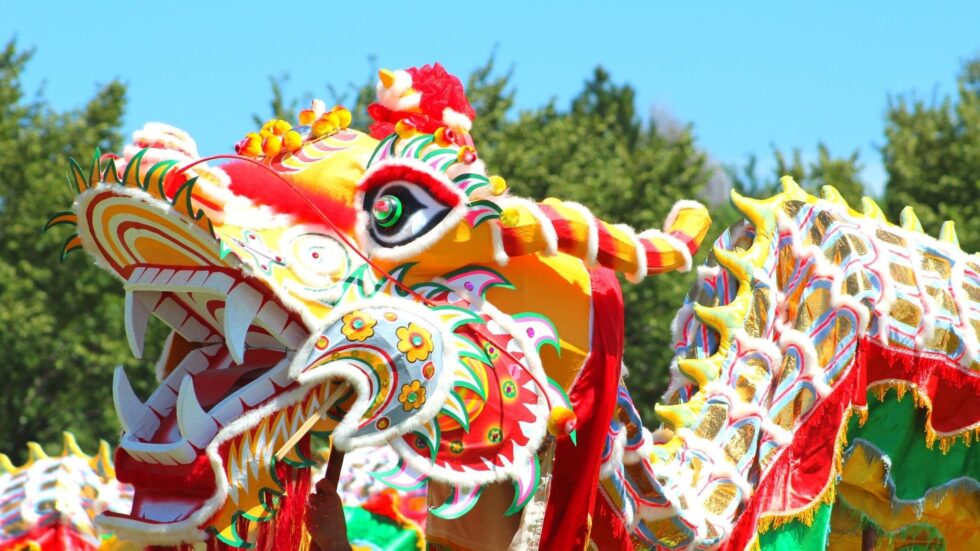 | 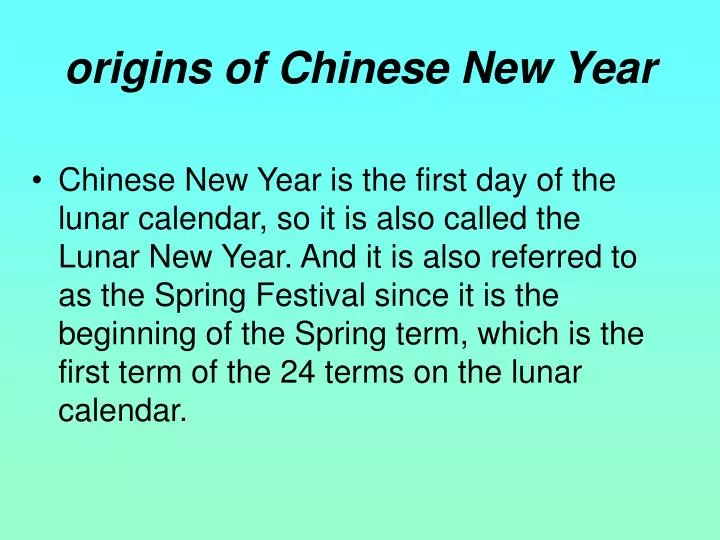 |
Chinese New Year has enjoyed a history of about 3,500 years. Its exact beginning is not recorded. Some people believe that Chinese New Year originated in the Shang Dynasty (1600–1046 BC), when people held sacrificial ceremonies in honor of gods and ancestors at the beginning or the end of each year. Chinese New Year, annual 15-day festival in China and Chinese communities around the world that begins with the new moon that occurs sometime between January 21 and February 20 according to Western calendars. Festivities last until the following full moon. The history of Chinese New Year can be dated back to 3,800 years ago. Its origin was the worshiping activities for harvest in Shang Dynasty (17th century -1046 BC). Chinese New Year can be traced back to 4000 years ago. Since there was no written record in Ancient Times (before 2000 BC), the exact beginning year is still uncertain. Some people believe that the Chinese New Year originated in Yushun Time (虞舜时代 yú shùn shí daì). Chinese New Year has a history of about 3,500 years. Its exact beginning date is not recorded. Some people believe that Chinese New Year originated in the Shang Dynasty (1600–1046 BC), when people held sacrificial ceremonies in honor of gods and ancestors at the beginning or the end of each year. Here’s the history of Chinese New Year, from its ancient origins to modern celebrations. It is rooted in farming traditions. The history of Chinese New Year is intertwined with ancient agrarian society. Chinese New Year, also known as the Lunar New Year or Spring Festival, is the most important and widely celebrated holiday in China and many other Asian countries. Its origins stretch back over 3,500 years, with traditions evolving and changing over centuries and millennia. Chinese New Year, also referred to as the Lunar New Year or the Spring Festival, is one of the most important traditional Chinese festivals and began around 3,500 years ago. This festivity is tied to the Chinese lunar calendar, and it originated as a time for feasting and to honor household and heavenly deities and ancestors. The Chinese New Year, also known as the Spring Festival (Chūnjié), is one of the oldest and most significant celebrations in Chinese culture. Its history spans thousands of years and is deeply intertwined with myth, tradition, and the cycles of the lunar calendar. Origins in Ancient China. The origins of the Chinese New Year can be traced The centuries-old legend of the origins of the Chinese New Year celebration varies from teller to teller, but every telling includes a story of a terrible mythical monster preying on villagers. The lion-like monster’s name was Nian (年), which is also the Chinese word for “year." The origins of Chinese New Year are rooted in legend and history. One of the most famous stories involves the mythical beast 年兽 Nián shòu ( the Nian beast ). This creature would terrorize villages at the end of each year. History and Origins of Chinese New Year Lanterns. Chinese lanterns have a rich history dating back over 2,000 years to the Han Dynasty (206 BCE – 220 CE). Their use in New Year celebrations evolved from religious practices to become a widespread cultural tradition. Buddhist Beginnings. The origin of Chinese New Year lanterns is linked to Chinese New Year is the most important holiday in China. Tied to the Chinese lunar calendar, it begins on the new moon that appears between January 21 and February 20. "The Origin of Chinese What is the origin of the Chinese New Year? The history of Chinese New Year is said to date back some 3,500 years. Whilst no one knows for sure exactly when Chinese New Year began, it is believed to have originated during the Shang Dynasty (1600 BC – 1045 BC). During this time, peopl Chinese New Year is a festival that celebrates the beginning of the new year in China. The celebration usually starts around late January or early February, and lasts 15 days. Can you guess which 2 creatures of the zodiac are the most important symbols of Chinese New Year? Get the full history of the holiday. #HistoryChannelSubscri The origins of the Chinese New Year festival are thousands of years old and are steeped in legends but it is unclear when the beginning of the year was celebrated before the Qin Dynasty. A small scale Spring Festival is said to have been celebrated as early as at the time of the legendary sage-emperors Yao and Shun. The 15-day long Chinese New Year celebration originated from an ancient Chinese legend of the monster Nian. The History and Origins of Chinese New Year Chinese New Year has a history that spans thousands of years, blending mythology and cultural evolution. One of the most popular legends is the story of Nian , a mythical beast that terrorized villages every New Year’s Eve. Chinese ancestors added a leap month to their calendar every two or three years. The Chinese New Year falls on a different day each year somewhere between the late January and February. For example, the last Chinese New Year Day fell upon February 19, 2015; the coming one, as I am
Articles and news, personal stories, interviews with experts.
Photos from events, contest for the best costume, videos from master classes.
 |  |
 |  |
 | .jpg?mw=1384) |
 | |
 |  |
 |  |